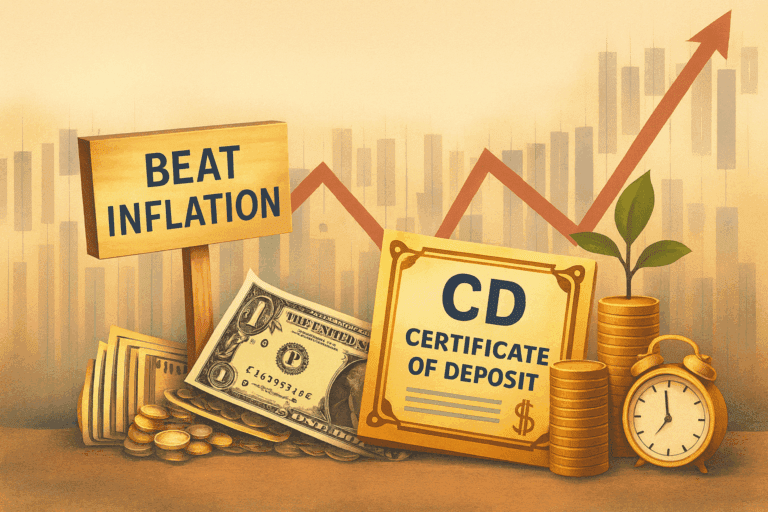Rising personal debt can feel overwhelming—but it doesn’t have to crush your financial future. Whether it’s credit cards, student loans, or unexpected expenses, managing debt starts with smart planning and steady action.
These 15 essential tips will help you survive rising debt—and set you up to thrive. With the right strategies, you can take back control and build a stronger financial foundation.
1. Know Exactly What You Owe

List every debt: who you owe, how much, interest rates, and due dates. Knowing the full picture is the first step toward taking control.
2. Create a Bare-Bones Budget
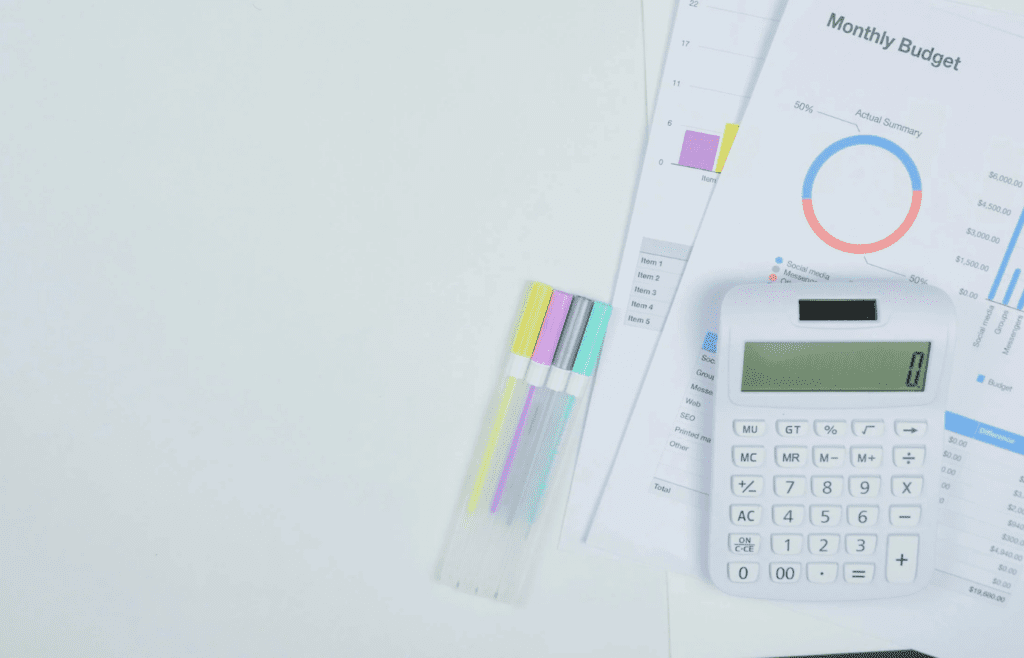
Trim spending to just essentials. It’s not forever—it’s a focused move to free up cash for debt payments.
3. Prioritize High-Interest Debt
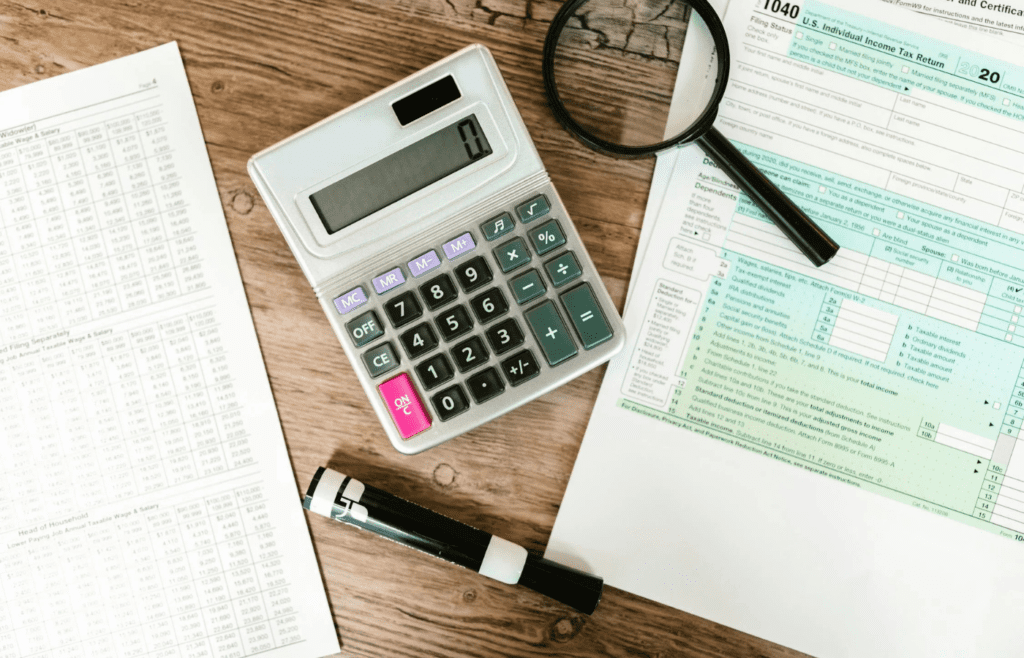
Pay down the debts with the highest interest rates first. This saves you the most money over time.
4. Consider the Snowball Method
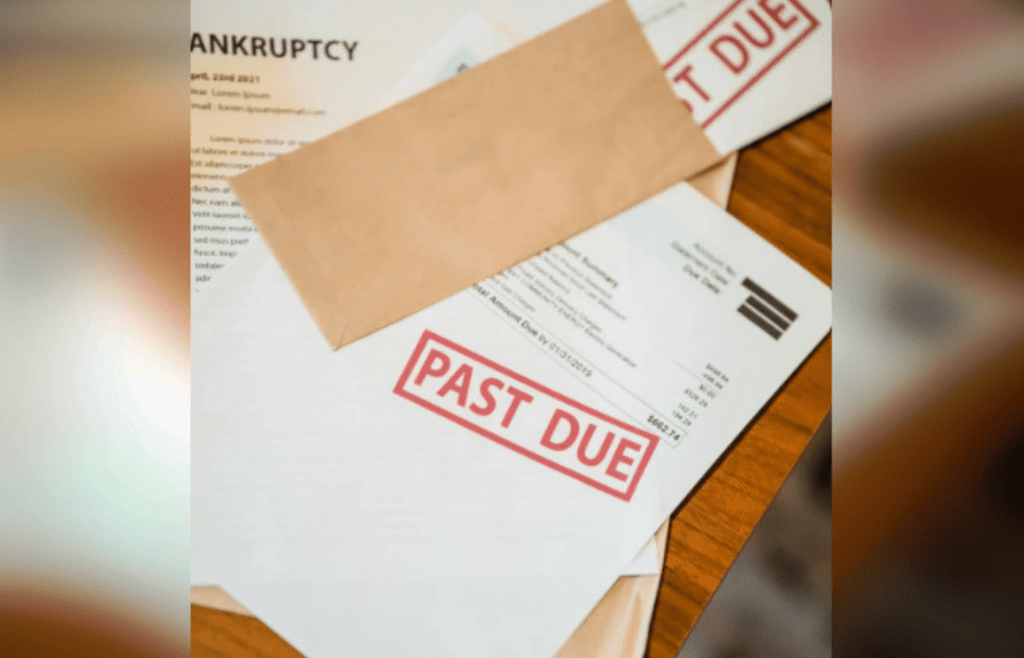
Pay off the smallest debt first, then roll that payment into the next. It builds momentum and motivation.
5. Avoid Taking on New Debt
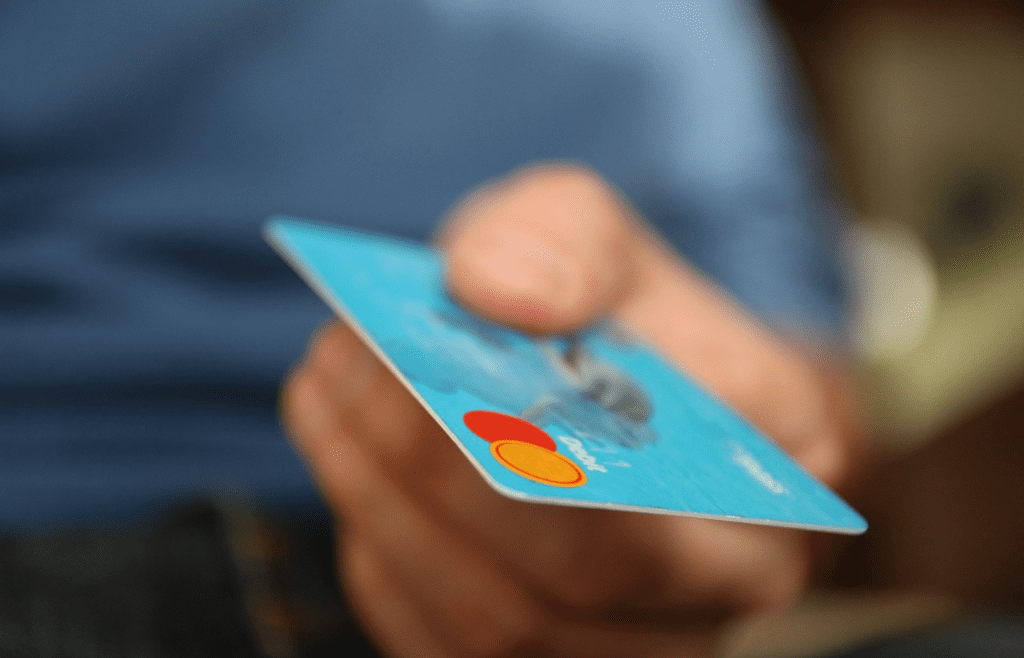
Say no to new loans and unnecessary spending. Focus on paying down what you already owe.
6. Talk to Creditors Early

Falling behind? Call your lenders. Many offer hardship plans, deferments, or lower interest options if you ask early.
7. Automate Your Minimum Payments

Avoid late fees by setting up automatic payments. Even just the minimum keeps you in good standing.
8. Increase Your Income

Take on a side gig or freelance job. Even a few hundred extra dollars a month can make a big dent in debt.
9. Sell What You Don’t Need
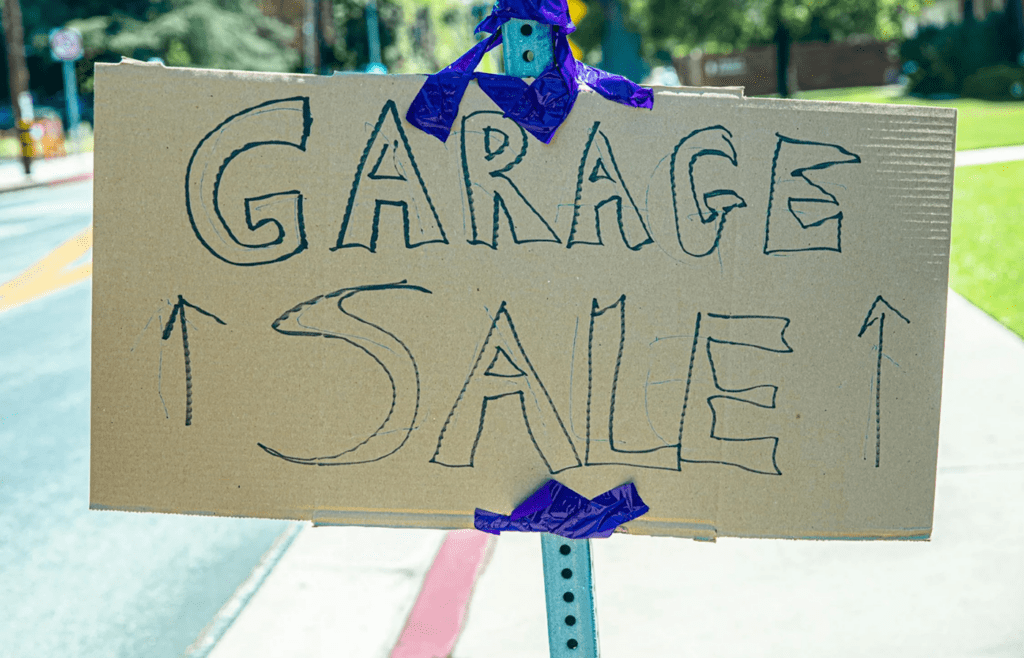
Declutter and put the money toward your balances. You’ll clear space and debt at the same time.
10. Use Windfalls Wisely

Got a tax refund or work bonus? Apply it to your debt before you’re tempted to spend it elsewhere.
11. Consider a Balance Transfer
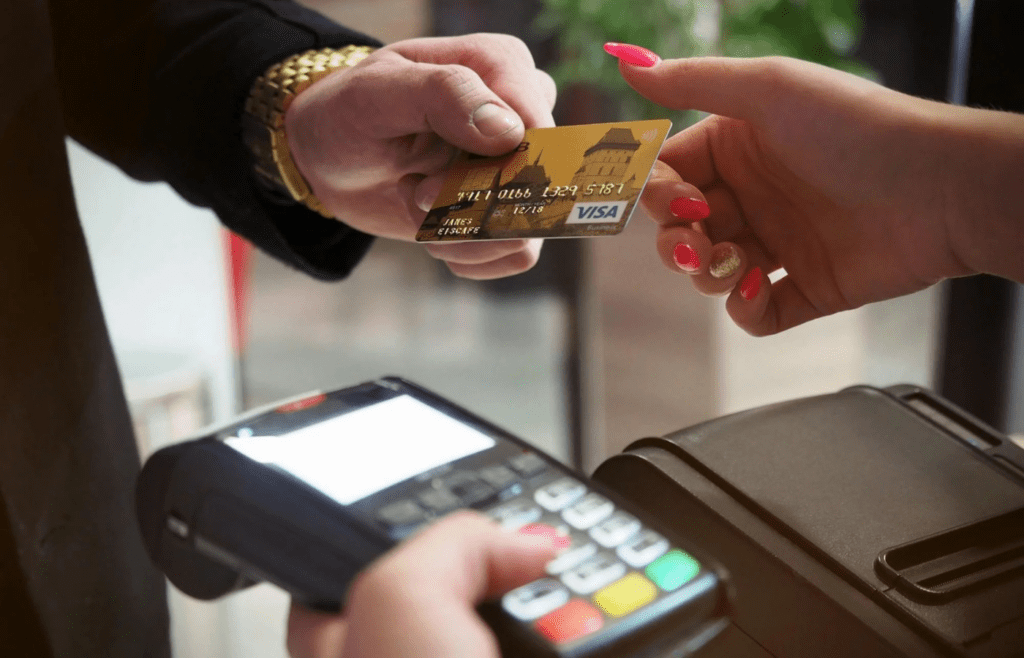
Some credit cards offer 0% interest on transfers. This can buy you time—just watch for fees and make a plan to pay it off.
12. Look Into Debt Consolidation

One lower-interest loan to pay off several higher-interest debts can simplify payments and reduce your total cost.
13. Protect Your Emergency Fund
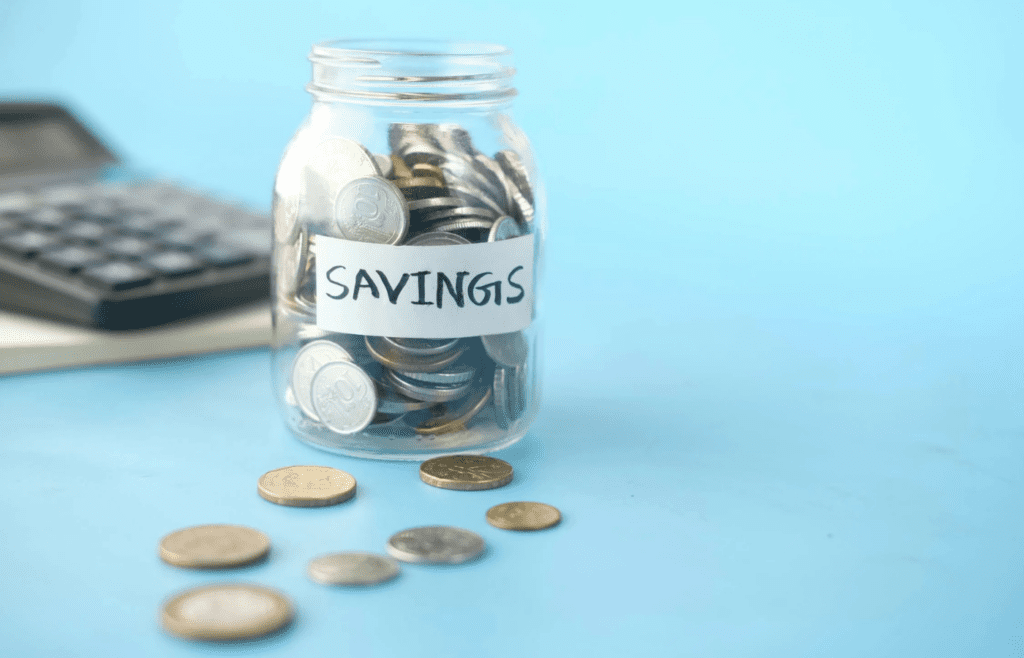
If you have savings, keep at least some for true emergencies. You don’t want to dig deeper into debt if a crisis hits.
Read More: The Best Ways to Get Out of Credit Card Debt
14. Stay Off Social Media Spending Traps
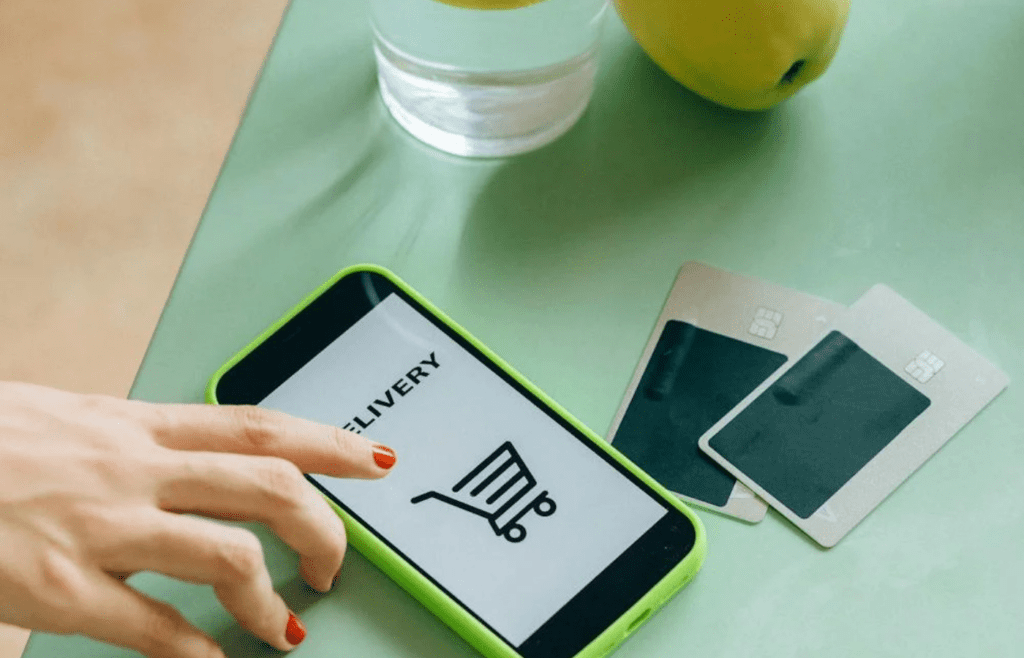
Ads and influencer posts can tempt you into unnecessary purchases. Set limits and unfollow what doesn’t support your goals.
Read More: Should You Save Money or Pay off Debt First?
15. Celebrate Small Wins

Every paid-off balance is progress. Acknowledge your efforts—it helps you stay motivated for the long haul.
Debt doesn’t disappear overnight, but it doesn’t have to control your life. With the right mindset and habits, you can survive tough times—and come out financially stronger on the other side.
Read More: 10 Uncomfortable Truths About Personal Debt Management




